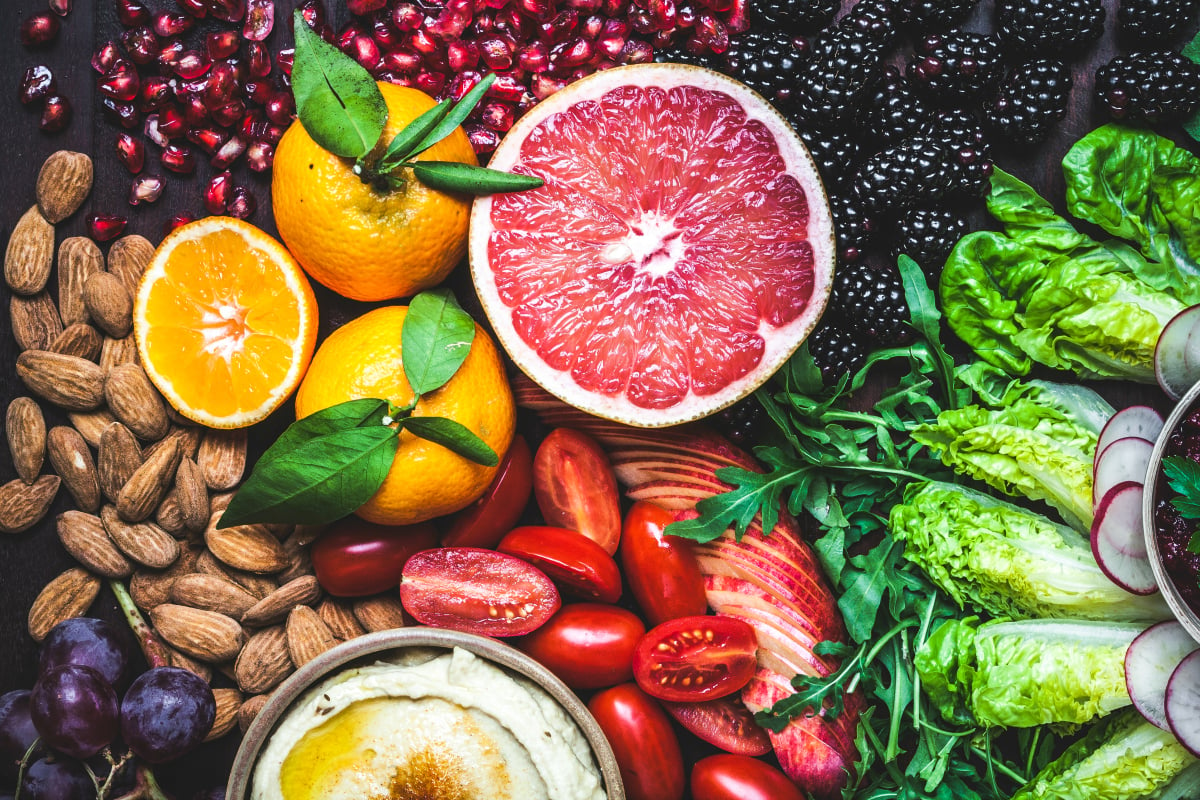
Yep, it might actually be worth spending that extra $2 for organic spinach at the supermarket.
A new French study of almost 70,000 adults (of which 78% were female) has found that those who consumed organic products most frequently had 25 per cent fewer cancers than those who never ate organic.
The study, published in JAMA Internal Medicine, followed the adults for five years. Those who ate the most organic fruit, vegies, dairy products, meat and other foods had a significant drop in the incidence of cancers such as lymphomas.
According to the New York Times, the magnitude of the findings surprised the study authors.
“We did expect to find a reduction, but the extent of the reduction is quite important,” said Julia Baudry, the study’s lead author and a researcher with the Center of Research in Epidemiology and Statistics Sorbonne Paris Cité of the French National Institute of Health and Medical Research.
While the study does not prove an organic diet will reduce cancer, Baudry said it strongly suggested “that an organic-based diet could contribute to reducing cancer risk.”
The study concluded that “promoting organic food consumption in the general population could be a promising preventive strategy against cancer.”
A commentary accompanying the study, by Harvard nutrition experts, cautioned that more long-term studies are required to confirm the results.





























































































